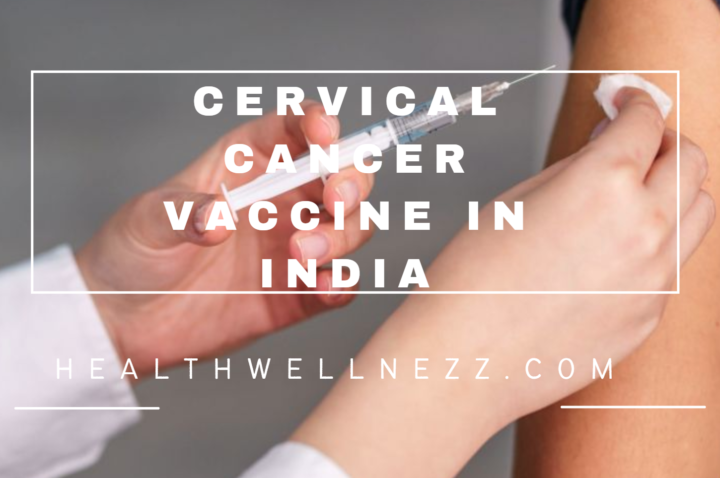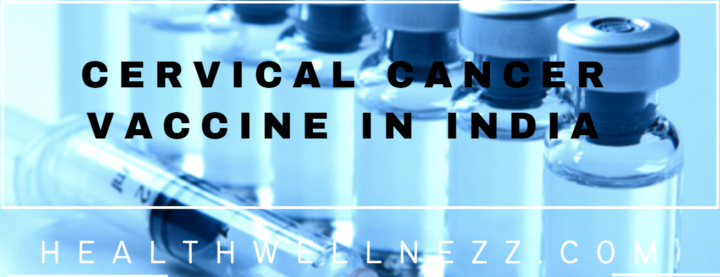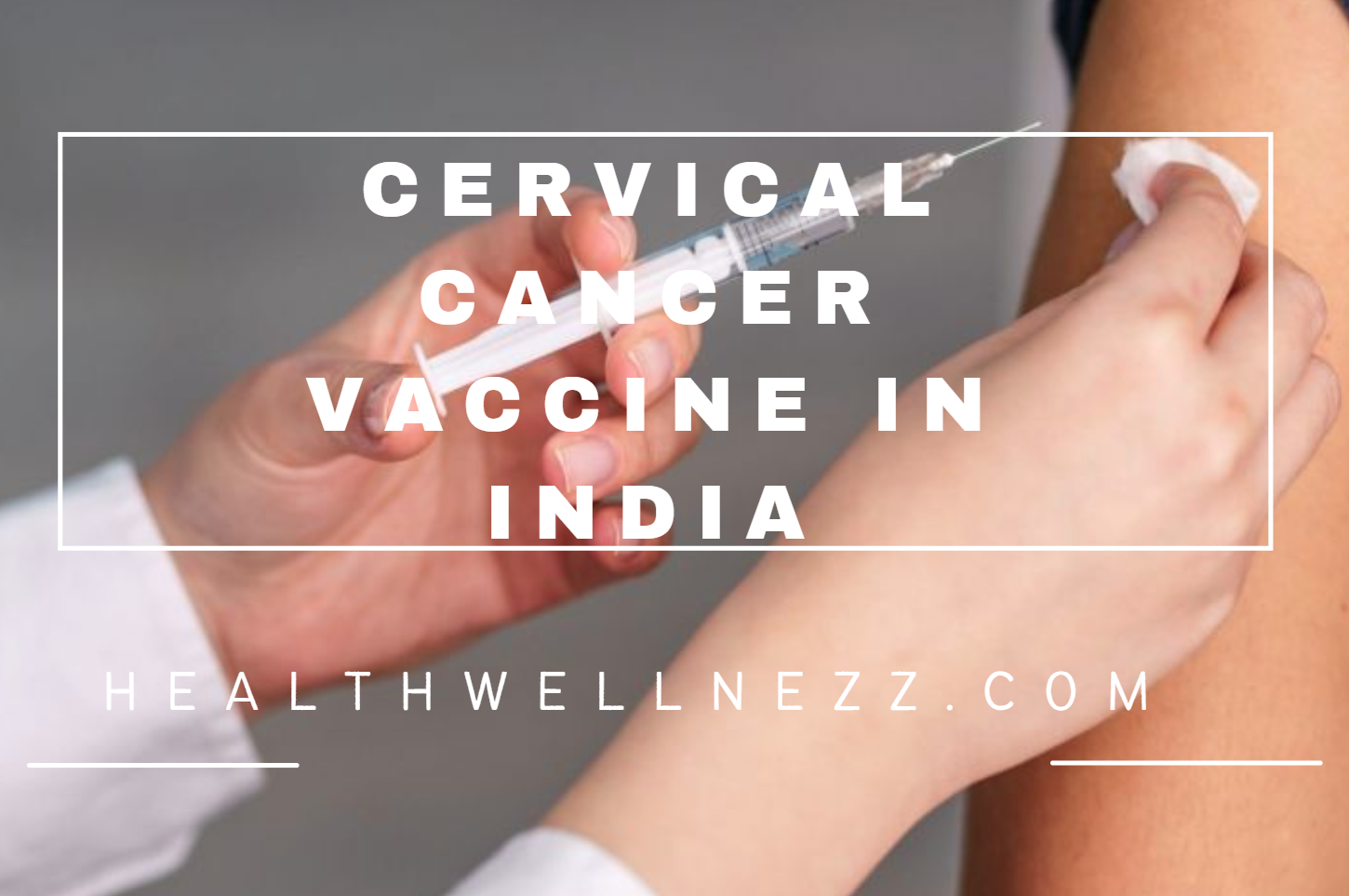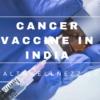Cervical cancer vaccine in India is a major health concern for women worldwide, and its impact is notably felt in the Indian context. Recent years have witnessed a transformative shift in preventing this cancer, mainly due to the introduction of cervical cancer vaccines. This blog will specifically focus on the realm of cervical cancer vaccines in India, examining their significance, accessibility, challenges, and addressing frequently asked questions.
Understanding Cervical Cancer : A Silent Threat to Women’s Health
- Cervical cancer is a type of cancer that occurs in the cervix, the lower part of the uterus. It is primarily caused by persistent infection with certain types of human papillomavirus (HPV). HPV is a common virus that spreads through intimate skin-to-skin contact.
- The Impact of Cervical Cancer in India
- India bears a considerable burden of cervical cancer cases, making it the second most common cancer among Indian women. The high incidence is attributed to various factors, including lack of awareness, limited access to screening, and specific cultural and socioeconomic factors.

Introduction to Cervical Cancer Vaccine
Cervical cancer vaccines are designed to protect against the most common types of HPV that can lead to cervical cancer. These vaccines work by teaching the immune system to recognize and fight the virus, preventing the development of cancerous changes in the cervix.
- Types of Cervical Cancer Vaccine
- Currently, two main types of cervical cancer vaccines are available globally – Gardasil and Cervarix. Both vaccines target HPV types 16 and 18, which are responsible for a significant number of cervical cancer cases.
- Gardasil and Cervarix: These are the two main types of cervical cancer vaccines available globally.
- Purpose: They are designed to protect against specific viruses that can lead to cervical cancer.
- Teaching the Body: Acting like shields, these vaccines teach our bodies how to fight against harmful viruses.
- Prevention: By reducing the chances of getting cervical cancer, Gardasil and Cervarix serve as crucial preventive measures for women’s health.
Cervical Cancer Vaccination Initiatives in India
In India, efforts to combat cervical cancer have gained momentum through vaccination initiatives. The government, along with various healthcare organizations, has been actively working towards making cervical cancer vaccines accessible to a larger population, especially in rural and underserved areas.
- Government Schemes and Initiatives:
- The Indian government has integrated cervical cancer vaccination into its public health programs. Initiatives like the Universal Immunization Program (UIP) aim to provide the HPV vaccine to adolescent girls, offering protection before they become sexually active.
- Vaccination Drives in Schools and Colleges:
- To reach a broader audience, vaccination drives have been organized in educational institutions, targeting girls at an age when the vaccine is most effective. These initiatives contribute to creating awareness and normalizing the concept of vaccination.
Challenges in Cervical Cancer Vaccination
While strides have been made, challenges persist in the widespread adoption of cervical cancer vaccines in India. Addressing these challenges is crucial for the effective prevention of cervical cancer.
- Awareness and Education:
- Limited awareness about cervical cancer and the benefits of vaccination remains a significant hurdle. Educational campaigns are vital to dispel myths, increase understanding, and encourage women and their families to opt for vaccination.
- Accessibility and Affordability:
- Ensuring vaccines are accessible to all socio-economic groups is vital. Affordability, distribution networks, and infrastructure challenges need to be addressed to reach remote and economically disadvantaged areas effectively.
The Future of Cervical Cancer Vaccination in india : Potential Impact on Women’s Health
The widespread adoption of cervical cancer vaccination in India holds the promise of significantly reducing the burden of cervical cancer. By preventing HPV infection, these vaccines have the potential to save lives and improve the overall well-being of women across the country.
- Role in Cancer Prevention:
- Cervical cancer vaccines not only prevent the development of cancer but also contribute to reducing the need for invasive and expensive treatments. This preventive approach aligns with the broader goals of public health.
- Empowering Women’s Health:
- Beyond the physical impact, cervical cancer vaccination empowers women by giving them control over their health. It promotes a proactive approach to well-being and encourages regular health check-ups.
Addressing Myths and Misconceptions
- Dispelling myths surrounding cervical cancer and vaccination is crucial. Common misconceptions can hinder vaccination efforts, and addressing them through targeted education is essential.
Community Involvement and Support
- Involving communities in awareness campaigns and garnering support from local leaders can enhance the success of vaccination initiatives.
- Community engagement fosters trust and promotes a collective responsibility towards women’s health.
Continuous Research and Development
- Ongoing research is vital for the improvement of existing vaccines and the development of new ones.
- Investing in research ensures that vaccines remain effective against evolving strains of HPV and addresses emerging challenges.

International Collaboration
- Collaborating with global health organizations and sharing experiences with other countries can provide valuable insights and support for India’s cervical cancer vaccination efforts.
- International partnerships contribute to a collective global effort to eradicate cervical cancer.
Regular Monitoring and Evaluation
- Implementing robust monitoring and evaluation mechanisms ensures the effectiveness of vaccination programs.
- Regular assessments help identify areas for improvement and enable timely adjustments to strategies.
Also Read : Cancer vaccine in India
FAQs about Cervical Cancer Vaccine in India

- What is the recommended age for cervical cancer vaccination in India?
- Cervical cancer vaccination is typically recommended for girls aged 9 to 14 years. However, the vaccine can be administered up to the age of 26.
- Is the cervical cancer vaccine effective if a woman is already sexually active?
- Yes, the vaccine can still be effective for sexually active women, as it provides protection against HPV types they may not have encountered.
- How many doses of the cervical cancer vaccine are required?
- The standard recommendation is a two-dose schedule, with the second dose given 6 to 12 months after the first. In some cases, a three-dose schedule may be recommended.
- Are there any side effects of the cervical cancer vaccine?
- Common side effects are mild and include pain at the injection site, fever, or headache. Severe side effects are extremely rare.
- Is cervical cancer vaccination mandatory in India?
- While not mandatory, the government strongly encourages vaccination as part of its public health initiatives.
- Can cervical cancer vaccines be given during pregnancy?
- It is generally not recommended to administer the vaccine during pregnancy. It is advisable to complete the vaccination series before pregnancy.
- How long does the protection from cervical cancer vaccines last?
- The duration of protection is still being studied, but current evidence suggests that it provides long-term immunity.
External Resources for Further Information
- World Health Organization (WHO) – Cervical Cancer
- National Health Portal, India – Cervical Cancer Vaccination
- Ministry of Health and Family Welfare, Government of India – HPV Vaccine
- Centers for Disease Control and Prevention (CDC) – Cervical Cancer
- Indian Council of Medical Research (ICMR) – Research on Cervical Cancer
- Cervical Cancer Free India Campaign
Conclusion:
Cervical cancer vaccines in India represent a pivotal step towards empowering women’s health and reducing the burden of a prevalent cancer. Through government initiatives, vaccination drives, and increasing awareness, the country is making progress in the fight against cervical cancer. As we navigate the challenges and celebrate the successes, the collective efforts of healthcare professionals, policymakers, and the public play a crucial role in shaping a future where cervical cancer is a preventable and manageable health concern for women across India.








